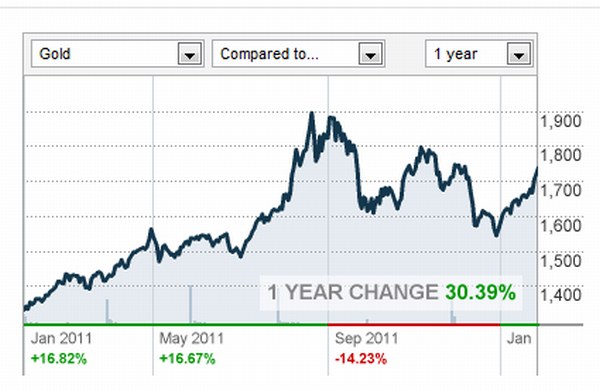The FTSE’s Relationship with Its European Counterparts

The FTSE UK Index Series has always held strong relations with its mainland, European partners.
Every country has their own share indices, and the FTSE is incredibly reliant on many of its European neighbors when it comes to its performance.
Various factors affect the relationship between the FTSE and the DAX for example, with many recent developments seeing the FTSE and its relationship with European counterparts continue to change.
Brexit Effect
Brexit has undoubtedly had the biggest effect on the UK and arguably Europe’s economies in 2016. As with many UK markets, the FTSE fell in the run up to and immediate aftermath of the UK’s vote to leave the EU, as uncertainty and risk to traders and investors increased.
With many European nations and companies listed on the FTSE having close trading ties, this was no surprise. However, the FTSE soon recovered after Brexit as the global markets realized the decision for the UK to leave the EU would actually have little impact in the short term.
Currency Value
A country’s currency helps make up the foundations of its economic strength, and the FTSE’s performance often reflects that of the pound. This wasn’t the case after Brexit however, as the pound dropped to its lowest levels in 30 years, while the FTSE briefly fell but otherwise performed strongly.
This could have been because with a weaker pound it presented many opportunities and advantages for some companies on the FTSE, especially due to cheaper trade and production in some cases. Brokerage firms like FxPro saw traders using their service enjoy some good opportunities to capitalize on the pound’s fall and slow recovery.
Trade Deals
Trade deals play an important role in the European economy and can affect the relationship between the FTSE and other stock indices on the continent. In the ongoing aftermath of Brexit, it looks like the UK will have to renegotiate trade deals with the EU and possibly individual European countries.
These could have a big effect on the value of the FTSE, with unpredictability potentially seeing its value drop, while its counterparts will probably rise. However, once any trade deals have been made it is bound to see the relationship between stock indices improve.
Property
Brexit has also had a big effect on property stocks performance on the FTSE. The UK’s decision to leave the EU has created a lot of negative property valuation and seen many of the FTSE 100’s worst performers in recent weeks and months being property companies.
While this does not have a direct impact on the stock indices of other European markets, it does affect trade and investment from overseas, such as with businesses providing the resources and services required for property building.
The UK property markets have been on the rise in the past few years, one of the best performing stocks given the uncertainty surrounding many other markets.
The US Election
The election of Donald Trump as the next president of the USA could actually be positive for the UK and FTSE, as he has claimed the UK will be one of the first nations to negotiate a trade deal with. It remains to be seen what his attitude towards the EU will be though, so only time will tell how his election will affect the rest of Europe.
The FTSE has a close relationship with many other European stock indices, yet there are many underlying factors that still see it perform well or poorly.






